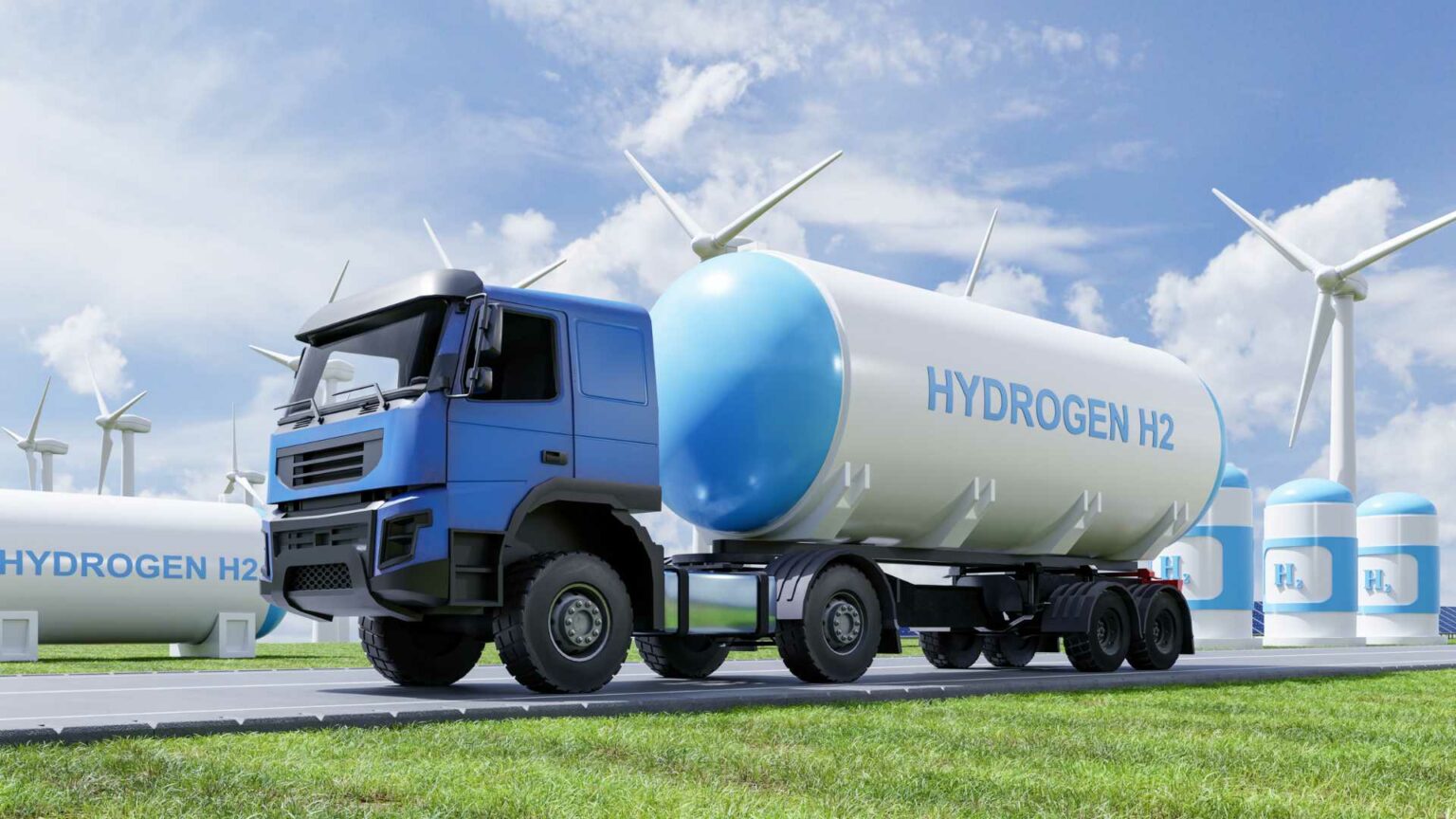In the bustling streets of Tokyo, a 12-meter heavy truck, adorned with the distinctive letters “H2,” embarked on test drives on December 22, marking a significant leap in Japan’s pursuit of hydrogen-powered transportation.
Developed collaboratively by Honda Motor and Isuzu Motors, this fuel cell-powered truck represents a strategic move by Japanese automakers to accelerate the adoption of hydrogen technology in the country, particularly in the realm of heavy trucks.
The jointly developed truck is propelled by fuel cells, a technology that combines hydrogen with oxygen from the air to generate electricity, powering the wheels in the process. Notably, these fuel cells operate without emitting carbon, aligning with the broader decarbonization goals. With a substantial hydrogen capacity of 56 kilograms, the truck boasts an impressive range of 800 kilometers per charge, offering a glimpse into the potential of hydrogen for long-haul transport.
The ongoing testing phase, set to conclude in September, aims to assess the truck’s practicality, scrutinizing aspects such as cargo handling and the ease of refueling. The ultimate objective is to bring this hydrogen-powered heavy truck to the market by 2027.
Beyond individual automaker goals, the Japanese government has set an ambitious target—to have 5,000 heavy fuel cell trucks operational by 2030. This aligns with broader national strategies to embrace hydrogen as a key player in the transition to sustainable transportation.
Both Toyota and Honda, recognized pioneers in hydrogen technologies for cars, envision that the widespread adoption of heavy fuel cell trucks will pave the way for increased acceptance of hydrogen-powered cars. While the Toyota Mirai, introduced in 2014 as the world’s first mass-produced hydrogen car, faced commercial challenges, the focus has now shifted to leveraging the potential of heavy trucks to drive broader market acceptance.
Japan, in 2022, claimed the position of the world’s third-largest hydrogen-powered passenger car fleet, boasting 7,600 vehicles. Despite this, challenges persist, with a critical bottleneck being the insufficient number of hydrogen refueling stations. As of December 7, only 161 such stations were operational nationwide, highlighting a need for infrastructural advancements to support the growing fleet of hydrogen-powered vehicles.





